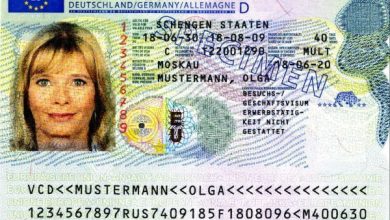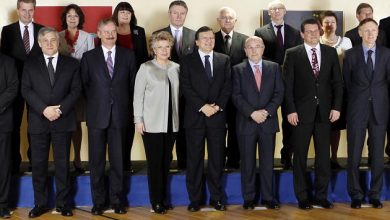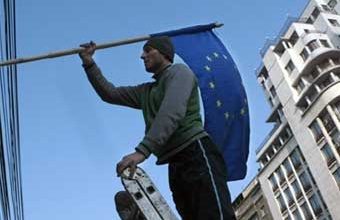European info space
The unified resolution adopted by the deputies of the European Parliament last week calls on the European Commission and EU states to ensure media pluralism and open access to free media that can provide objective and multilateral information. The draft document submitted for discussion by the faction of Social Democrats, Liberals, and Greens was based on the report of the European MP from the Republic of Estonia, Marianne Mikko.
The independence of publishers and the journalists working in them, the authors of the resolution adopted by 307 votes in favor with 262 against, put at the forefront of all the information policies of the EU countries. At the same time, the independent status of the media should be guaranteed both by pan-European structures and by state institutions of countries participating in the European Union. At the same time, the document adopted by the European parliament emphasizes the need to create charters of the editorial staff: they should serve as a barrier to interference in the content of the news submitted by owners, shareholders or state authorities.
According to the deputies of the European Parliament, the desire, and most importantly – the availability of a real opportunity for the media to be on guard of democracy is in the modern world in a situation of real threat. This is due, first of all, to the fact that private media moguls in their actions are most often guided not by high political and social ideals, but by the interests of momentary commercial gain. “Such an approach entails the danger of the disappearance of the versatility and quality of the information presented, as well as the diversity of the presented points of view,” the document says. “Ensuring the versatility of the media cannot be placed under the care of exclusively market mechanisms.”
A significant share in the formation of the information space of the technologically equipped world, which includes the vast majority of countries on the European continent, has not only online versions of national newspapers and regional radio stations and television companies, but also blogs – essentially virtual diaries maintained by both individuals and media staff. In order to prevent these relatively new channels for obtaining information from becoming sources of conflict situations, MEPs are proposing an open discussion that touches on all aspects of the functioning of blogs and their content. During the discussion of the text of the adopted report, the proposal made initially by M. Mikko was changed to clarify the legal status of web diaries and websites created by Internet users, equating them in this way with any other form of public expression of information.
The authors of the resolution are also concerned about copyright compliance, which is much more difficult to follow in the virtual space than in the real world. MEPs hope that the legislative acts regulating this sphere of activity in all EU countries will be brought to the most unified standard, and require that when quoting the Internet source by third parties, it would be mandatory mentioned. “It is also necessary to ensure greater transparency regarding the personal data of Internet users and the information they receive, which are stored by search engines, virtual communication portals and e-mail operators,” the text of the adopted resolution says.
This post is also available in:
 English
English  Русский (Russian)
Русский (Russian)






